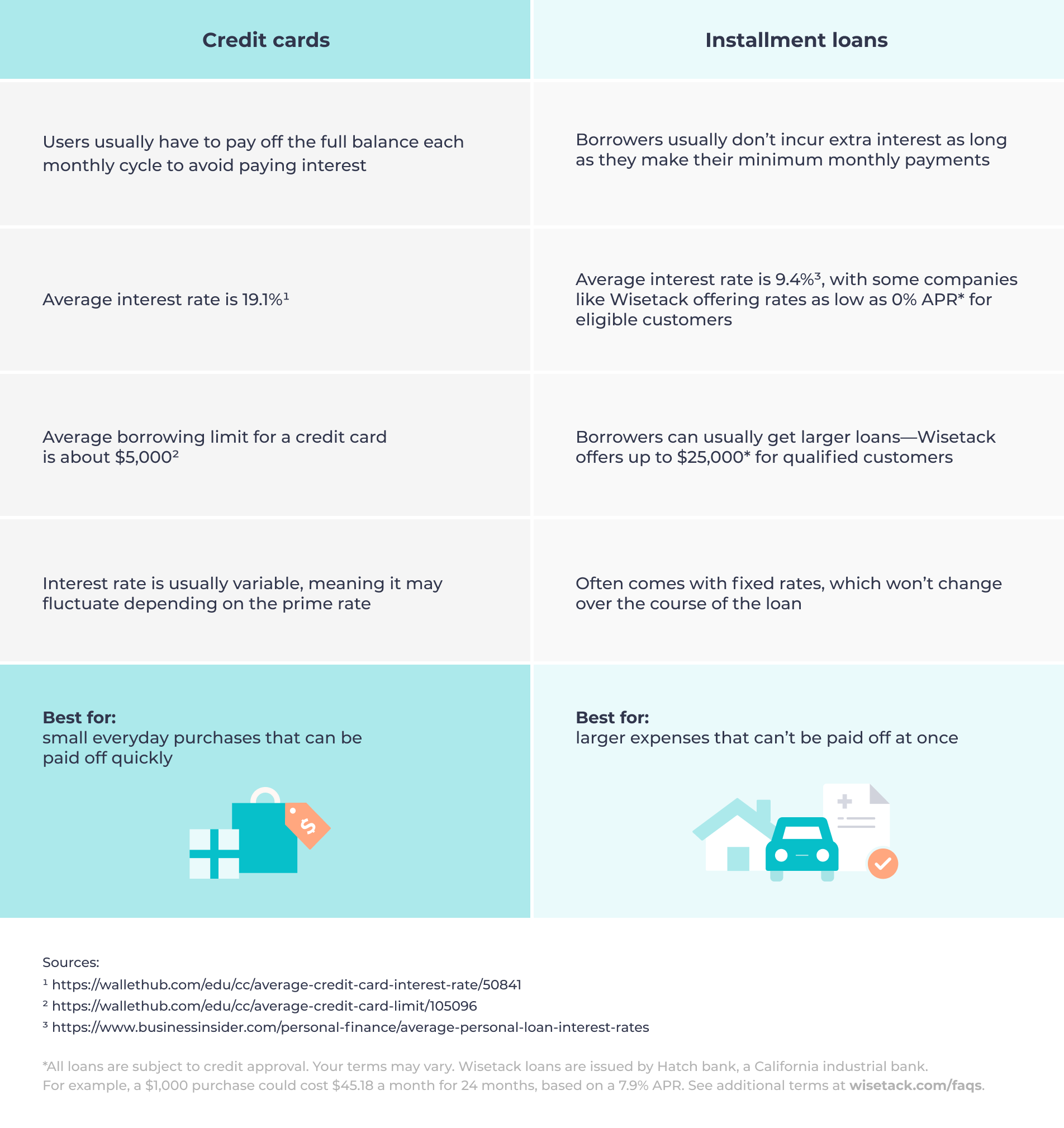How to Apply for a Credit Card Without Hidden Fees

Anúncios
Navigating the landscape of credit cards can be challenging, particularly when it comes to comprehending the various fees that can accumulate rapidly.
This guide provides a comprehensive overview of credit card fees, detailing the different types and their implications for your financial situation.
It is crucial to learn how to research and compare credit card options effectively, apply for the most suitable card, and avoid any hidden charges.
With practical advice on managing your card prudently, you will be well-prepared to maximize rewards while minimizing costs. Engage with this material to gain valuable insights and make informed financial decisions.
Anúncios
Understanding Credit Card Fees
Understanding credit card fees is essential for responsible credit usage and effective financial planning, as various charges can significantly influence the overall cost of borrowing.
Many consumers are not fully aware of the different types of fees associated with credit cards, which may include:
- Late payment fees
- Foreign transaction fees
- Annual fees
Financial institutions often structure these fees differently, and some credit cards may advertise appealing offers such as “no hidden fees,” yet still impose other costs that warrant careful consideration.
Being informed about potential fees enables individuals to make educated decisions regarding their credit card options and ensures they are not unexpectedly burdened by unforeseen charges.
Types of Fees and How They Can Add Up
The types of fees associated with credit cards can vary significantly, and when aggregated, they may impose a considerable financial burden on cardholders. Common fees include annual fees, late payment fees, and balance transfer fees, which can be particularly onerous for individuals who do not fully comprehend the terms and conditions outlined in their credit card agreements.
Interest rates can also increase rapidly, further complicating the financial landscape for users. A thorough understanding of these fees and their integration into the overall application process is essential for maximizing the benefits of credit cards while minimizing unnecessary costs.
Foreign transaction fees and cash advance fees are often overlooked; however, they can substantially affect a consumer’s total expenses when utilizing credit cards. Awareness of these charges enables individuals to make informed decisions regarding their spending habits.
Establishing due date alerts and scheduling automatic payments can assist in avoiding late payment fees, while diligently reviewing the fine print can prevent unexpected charges.
By remaining vigilant and well-informed about these potential pitfalls, cardholders can effectively manage their expenses and utilize their credit cards more strategically, thereby enhancing their overall financial health.
Researching Credit Card Options
Researching credit card options is a crucial step for individuals seeking to apply for a credit card, as the appropriate card can align with their financial objectives and optimize rewards.
Various financial institutions provide an array of credit cards designed to cater to different requirements, including cash back, travel rewards, and low-interest rate options.
By conducting a comprehensive comparison of credit cards, applicants can identify the most suitable financial products based on eligibility criteria, interest rates, and additional features such as rewards programs.
This informed approach enables individuals to select a card that not only addresses their immediate financial needs but also contributes to their long-term financial well-being.
Comparing Fees and Interest Rates
Comparing fees and interest rates is a critical aspect of selecting the appropriate credit card, as these factors directly impact one’s overall financial commitment. Different credit card issuers offer varying fee structures and interest rates, making it essential to examine promotional rates, annual percentage rates (APRs), and any additional costs associated with the cards under consideration.
By understanding how these elements interplay, individuals can more effectively evaluate which card provides the best financial advantages and the lowest potential costs over time.
When assessing these fees and rates, it is important to consider how they align with personal spending habits and repayment patterns. For example, if an individual intends to carry a balance from month to month, the interest rate on the card becomes particularly significant. High interest rates can rapidly increase the debt burden, thereby adversely affecting financial health.
Conversely, for those who plan to pay off their balance consistently, credit cards with minimal fees and attractive rewards programs may be more advantageous. Ultimately, this comparative analysis give the power tos individuals to make informed decisions, ensuring they select credit options that not only align with their lifestyle but also contribute to a stable financial future.
Applying for a Credit Card
The process of applying for a credit card entails a significant application procedure that necessitates thorough consideration of one’s financial circumstances, including credit score and eligibility criteria.
Ahead of initiating the application, it is imperative to evaluate your credit history and confirm that you satisfy the requisite conditions established by the credit card issuer.
Key factors such as income verification and outstanding debts are instrumental in determining both eligibility and potential credit limits.
A comprehensive understanding of these elements can facilitate a more efficient application process, thereby improving the likelihood of approval for the credit card that aligns with your financial requirements.
Steps to Take Before Applying
Before applying for a credit card, it is essential to undertake several important steps to ensure a smooth application process and enhance the likelihood of approval.
First, assess your credit score and gather the necessary documentation to support your application, such as proof of income and identification. Understanding the eligibility criteria of various financial products will aid in selecting the most appropriate card that aligns with your financial objectives, while also preparing you for any income verification that may be required by the issuer. By taking these steps, you can improve your comprehension of the application process and make informed decisions.
Next, it is advisable to review your credit report for any discrepancies that may adversely affect your score, as rectifying these errors can significantly enhance your chances of approval.
Additionally, conducting thorough research on different credit card options is prudent, with a focus on interest rates, rewards, and fees. By comparing various cards, applicants can identify one that not only meets their needs but also complements their credit profile.
Moreover, potential applicants should be mindful of the impact that applying for multiple credit cards within a short timeframe can have, as this may result in multiple inquiries on their credit report, potentially leading to a decrease in their score. Being well-informed allows for a strategic approach to credit card applications.
Tips for Choosing the Right Card
Selecting the appropriate credit card can have a substantial impact on effective financial management; therefore, it is essential to thoroughly evaluate various credit card features and comprehend their implications for one’s spending habits.
Considerations should include the rewards program available, the quality of customer service, and any associated fees prior to making a decision.
As individuals navigate the extensive array of options, it is important to concentrate on the type of rewards that truly align with their lifestyle, whether that involves earning points for travel, receiving cashback on everyday purchases, or gaining access to exclusive discounts.
The significance of customer service should not be underestimated, as exceptional support can prove invaluable during disputes or inquiries. Furthermore, assessing the card’s annual fees and interest rates in relation to the benefits offered will aid in avoiding any unexpected financial burdens.
Ultimately, the ideal credit card should not only provide attractive rewards but also deliver dependable customer support, thereby ensuring a positive experience that contributes to a successful financial journey.
Avoiding Hidden Fees
Avoiding hidden fees is essential for maintaining financial health and ensuring that one receives the maximum value from a credit card. Many consumers tend to overlook the significance of thoroughly reviewing the terms and conditions provided by the credit card issuer, which often contain vital information regarding potential hidden fees.
By dedicating time to comprehend these terms, individuals can prevent unexpected charges that may arise from the application process or from improper use of the card. Employing strategies such as inquiring directly about fees during the application process can assist in securing a credit card with no hidden fees and provide a comprehensive understanding of one’s financial obligations.
Reading the Fine Print
Reviewing the fine print of your credit card agreement is vital for identifying hidden fees and ensuring a comprehensive understanding of your rights as a consumer.
Neglecting to do so may result in unforeseen financial challenges that can adversely affect your overall credit health and increase your expenses.
Key sections to concentrate on include variable interest rates, grace periods, rewards program terms, and penalty fees that can accumulate swiftly.
A thorough understanding of these components can assist consumers in avoiding costly errors and optimizing their credit utilization.
Having a clear grasp of your credit card’s terms give the power tos you to advocate effectively in the event of disputes and to maintain a stable financial standing.
Ultimately, being well-informed fosters responsible credit management and enhances consumer confidence.
Questions to Ask Before Applying
Before applying for a credit card, it is essential to pose the appropriate questions to ensure a comprehensive understanding of the implications of the decision and to avoid any hidden fees. One should inquire about the card issuer’s terms of use, including interest rates, fees, and any potential limitations on rewards redemption.
Additionally, understanding the criteria for application rejection will prepare applicants for the expectations during the application process. By clarifying these points, individuals can make more informed decisions that align with their financial objectives and reduce the likelihood of encountering unforeseen issues.
It is also beneficial to investigate other important aspects, such as the grace period for payments, penalties for late payments, and the methodology the issuer employs to calculate interest on unpaid balances.
Consumers should not hesitate to inquire about any introductory offers and their duration, as understanding the card’s annual percentage rate (APR) following the promotional period can significantly influence financial planning.
Furthermore, asking about customer support availability and the procedures for disputing charges will provide additional insight into the card issuer’s reliability. These considerations are critical, as they directly impact overall financial health and satisfaction with the credit card.
Managing Your Credit Card
Effective management of your credit card is essential for maintaining financial stability and ensuring responsible credit usage, as your credit utilization directly influences your credit score.
Proper account management entails budgeting your expenditures, making timely payments, and regularly monitoring your transactions.
By comprehending the implications of credit card usage, you can maintain a low balance, capitalize on rewards programs, and avoid incurring late payment fees.
Establishing a systematic approach to managing your credit card can enhance your financial health and assist you in achieving your long-term financial objectives.
Tips for Avoiding Fees and Maximizing Rewards
To avoid fees and maximize rewards from a credit card, it is essential to implement strategies that align with individual spending habits and financial responsibilities. It is important to be aware of the fees associated with the card and to establish a budget that ensures adherence to spending limits.
Fully capitalizing on promotional offers and rewards programs can optimize credit card usage while minimizing costs. By employing prudent financial practices, one can enhance rewards redemption and maintain overall satisfaction with the credit card experience.
This proactive approach necessitates that consumers regularly review their statements and evaluate ways to mitigate various charges. Setting up alerts for payment due dates can help prevent late fees, while consistently paying balances in full will avoid interest charges.
Utilizing credit cards that provide category bonuses for specific purchases—such as groceries or dining—can significantly accelerate rewards accumulation. Additionally, leveraging sign-up bonuses and participating in referral programs can greatly enhance the overall benefits derived from credit card usage.
Such diligent management not only ensures efficient accumulation of loyalty points but also reinforces sound spending habits that support long-term financial health.
Frequently Asked Questions
What are hidden fees and how can I avoid them when applying for a credit card?
Hidden fees are additional charges that credit card companies may impose without disclosing them upfront. To avoid hidden fees, carefully read the terms and conditions before applying for a credit card. Look for information about annual fees, foreign transaction fees, and penalty fees.
What is the best way to find a credit card with no hidden fees?
The best way to find a credit card with no hidden fees is to research and compare different credit card options. Look for credit cards with no annual fees, no foreign transaction fees, and no penalty fees. You can also read online reviews and ask for recommendations from friends or family.
Do all credit cards have hidden fees?
No, not all credit cards have hidden fees. Some credit card companies are transparent about their fees and charges, while others may try to sneak in hidden fees. It’s essential to read the terms and conditions carefully before applying for a credit card to avoid any surprises.
What should I do if I discover hidden fees on my credit card statement?
If you find hidden fees on your credit card statement, contact your credit card issuer immediately. Ask for an explanation of the fees and request for them to be waived. If the fees are not valid, you can also file a complaint with the Consumer Financial Protection Bureau.
Can I negotiate to have hidden fees removed from my credit card?
Yes, you can negotiate with your credit card issuer to have hidden fees removed from your credit card. If you have been a loyal customer and have a good credit score, you have a better chance of getting the fees waived. It also helps to have evidence that you were not informed about the fees before applying for the credit card.
Are there any alternative options to credit cards for making purchases without hidden fees?
Yes, there are alternative options to credit cards that can help you make purchases without hidden fees. One option is a prepaid debit card, which allows you to load funds onto the card and use it for purchases. Another option is using a payment app, such as PayPal or Venmo, which may have lower fees for transactions.


